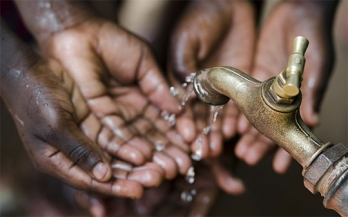

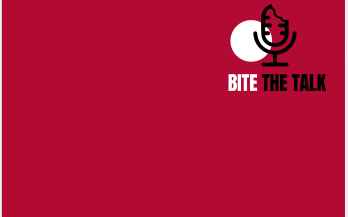
Food Systems Transformation – India’s Journey
EP 06
India has recently indicated its intention to mandate the national fortification of milk and edible…
26 Minutes▶ Play this episode
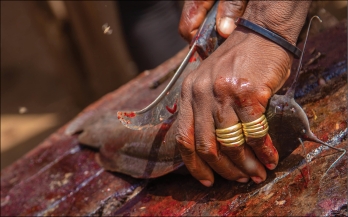
Assessing Food Safety Interventions Relevant to Foodborne Zoonoses in LMICs
- 22/03/2021
This report highlights the multiple and complex factors involved in mitigating foodborne zoonoses in animal source foods sold at traditional markets in resource-poor settings.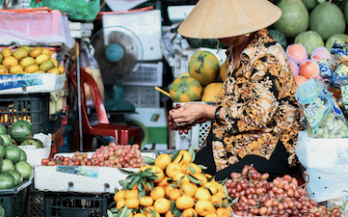
Food Safety Education, Training, and Technology Interventions in Africa and Asia: A Review
- 01/03/2021
This review describes recent food safety interventions focused on traditional market settings and consumers who buy food there. Data was extracted from 19 and 23 articles from Asian and African countries, respectively.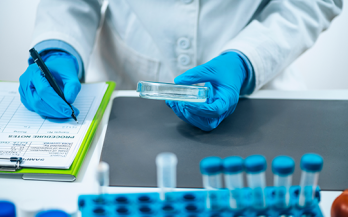
Verifying laboratory performance and quality control in the context of micronutrient testing of fortified food - A guidance document
- 25/02/2021
This Guidance Document describes the various elements of quality management (QM) and quality control (QC) required in a laboratory setting. Many qualitative elements are required to analyse the various chemical parameters in food samples, particularly for micronutrient testing and for testing food safety and food quality substances.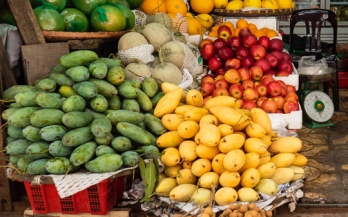
GAIN Interview Cruncher: Response to COVID-19 from food systems angle
Online Webinar, Global
On Thursday 18th February don’t miss the "GAIN Interview Cruncher- Response to COVID-19 from food systems angle" at 2pm CET. The webinar will host the experts to discuss the Keeping Food Markets Working initiative, what’s at stake and why this is so relevant in building our food systems forward better.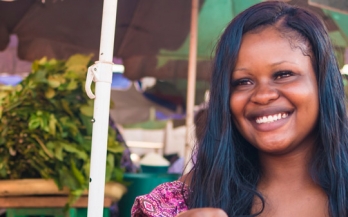
Food Safety Oversight and Governance: Building a National Food Safety System that Works for Consumers
Online Webinar, Global
In 2019, the World Bank released a report entitled The Safe Food Imperative. It described how food safety is linked to achievement of the United Nations Sustainable Development goals in both direct and indirect ways. This Webinar will bring together experts in the field to discuss the current state of food safety governance in the African region.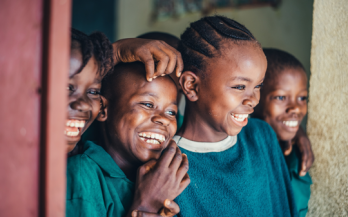
2020: A year of pain, a year of revelation, a year of optimism
As we draw to the end of 2020, COVID-19 rages on; hunger numbers are on the increase; and we are not on track to meet the 1.5C Paris target to limit global warming. According to the Johns Hopkins COVID-19 Dashboard, 72 million people have been infected with the novel coronavirus and 1.7 million have died. And counting. According to the IMF, the measures taken to combat the virus have led to GDP declines of around 4-10%, depending on the country.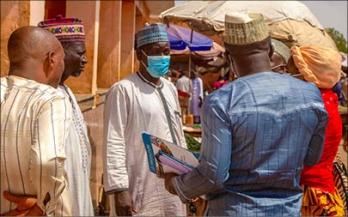
EatSafe in Nigeria: Food Safety Stakeholder Reports
- 20/12/2020
During program startup in Nigeria, EatSafe identified and gauged stakeholders’ interest and influence in food safety. EatSafe then convened a series of events to engage these stakeholders at local and national levels prior to intervention implementation.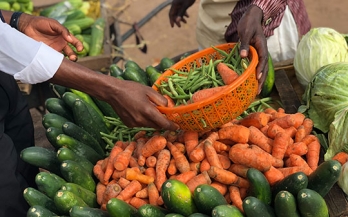
Nigeria Policy, Monitoring Systems Analysis and Stakeholder Mapping Report
- 14/12/2020
EatSafe evaluated the regulatory and policy landscape for food safety in Nigeria at the national and regional levels, which included a stakeholder mapping exercise and resulted in recommendations for strengthening implementation.